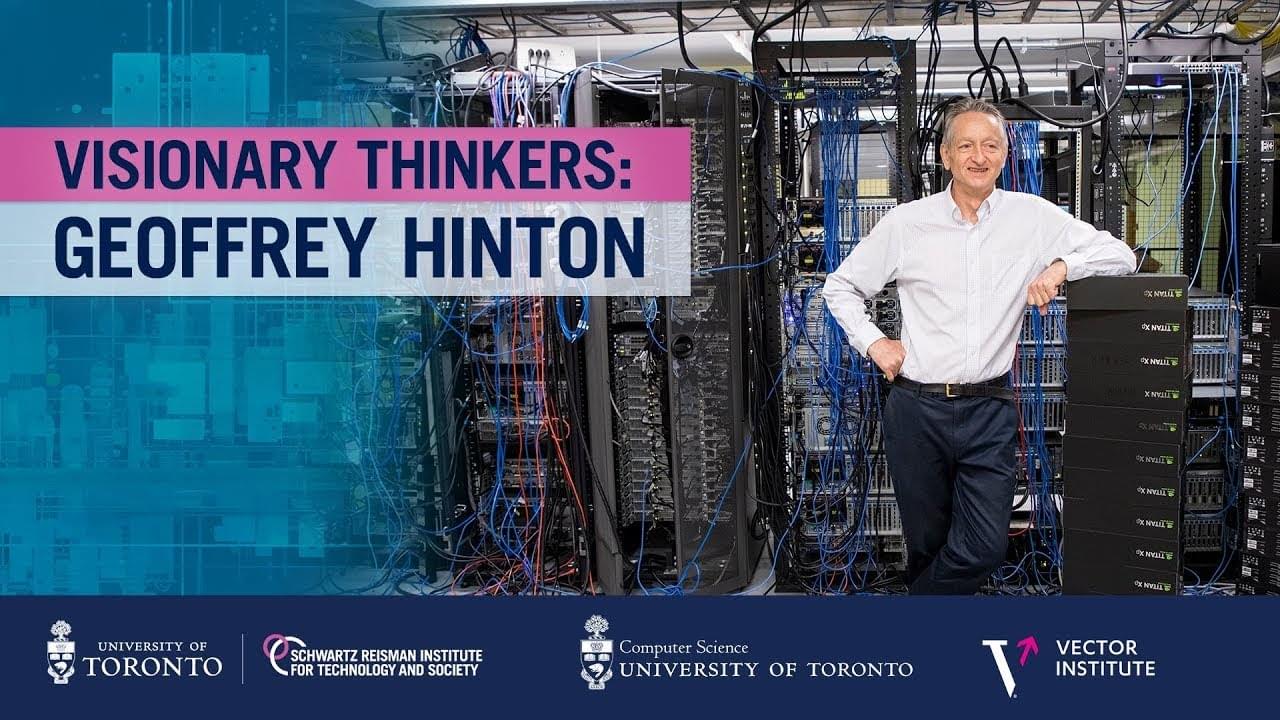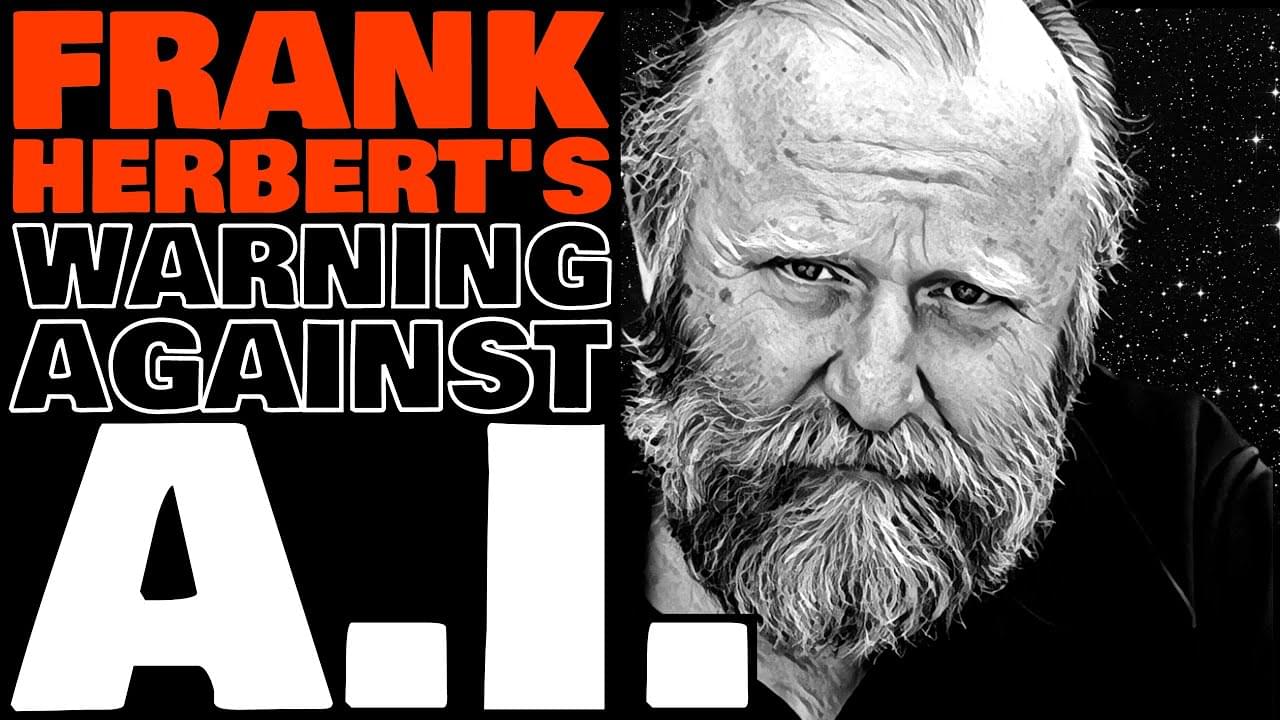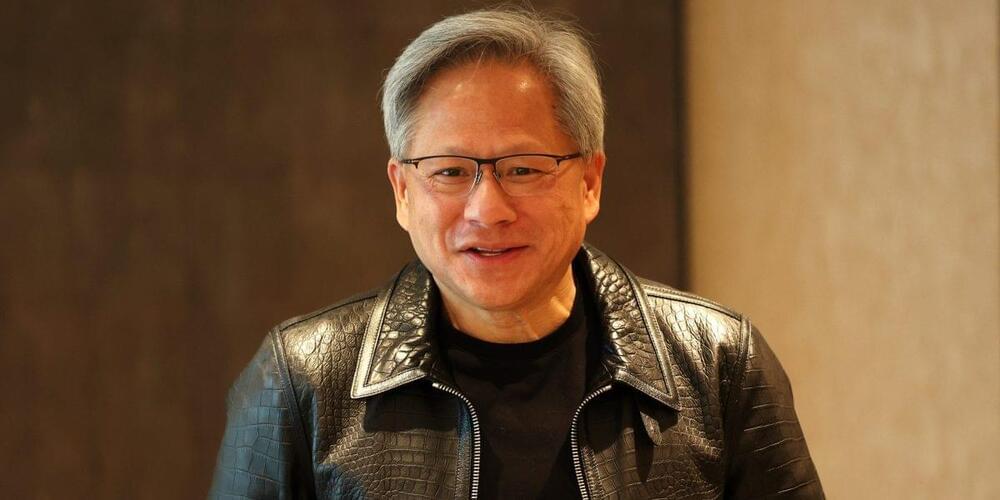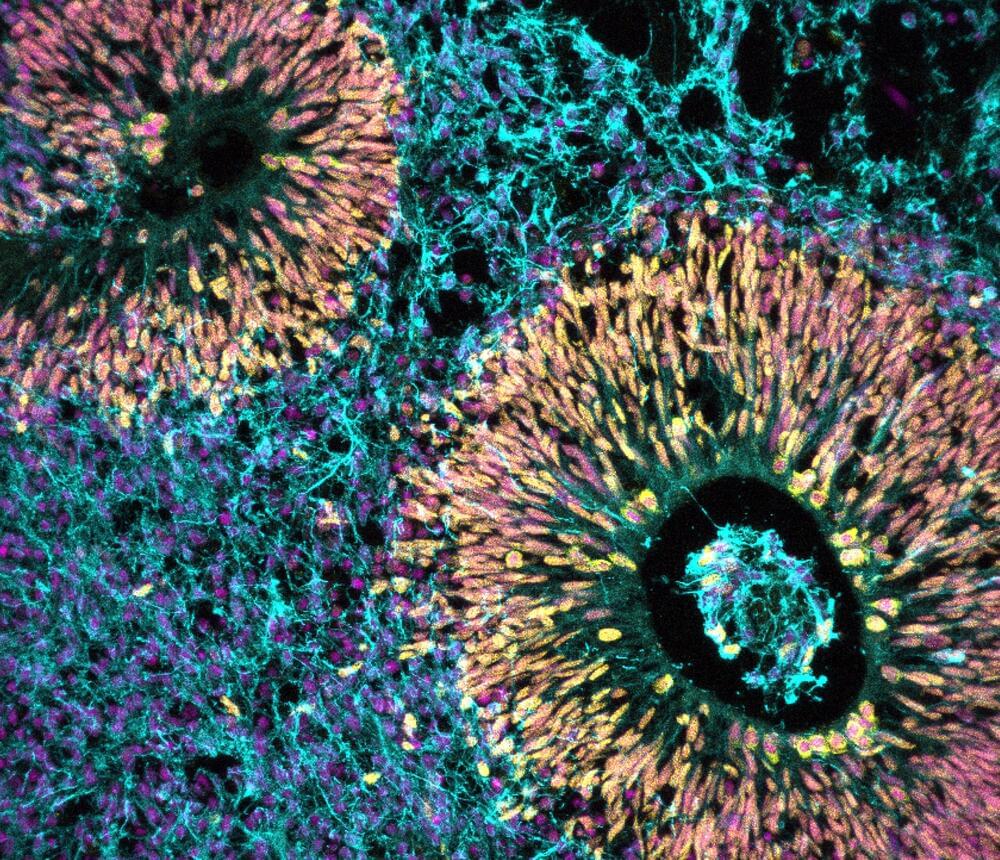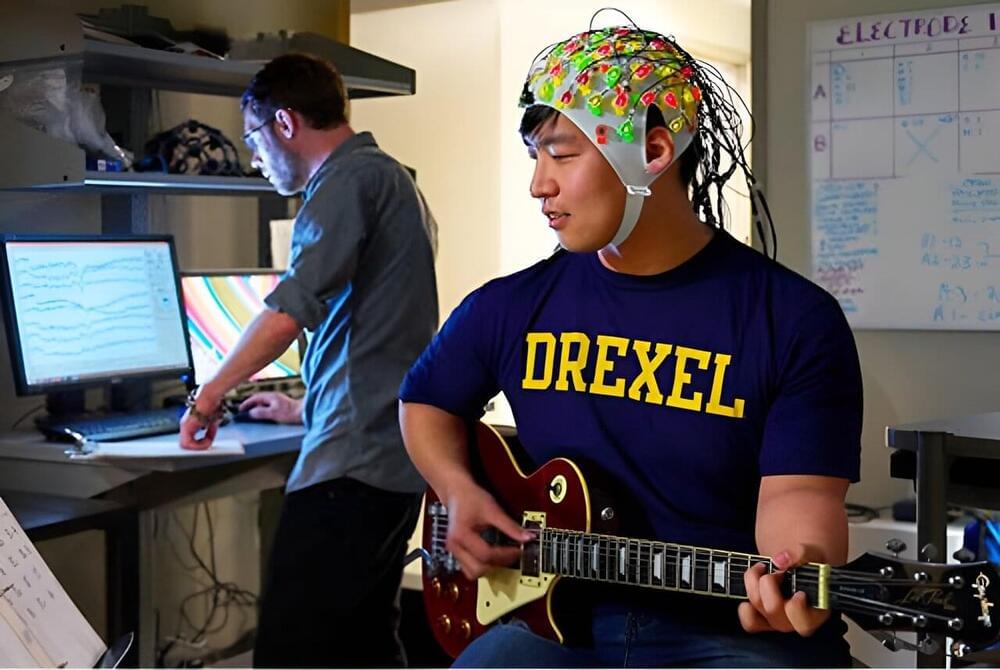Mar 18, 2024
Urban humans have lost much of their ability to digest plants
Posted by Shubham Ghosh Roy in categories: biotech/medical, education, food
Cellulose is the primary component of the cell walls of plants, making it the most common polymer on Earth. It’s responsible for the properties of materials like wood and cotton and is the primary component of dietary fiber, so it’s hard to overstate its importance to humanity.
Given its ubiquity and the fact that it’s composed of a bunch of sugar molecules linked together, its toughness makes it very difficult to use as a food source. The animals that manage to extract significant calories from cellulose typically do so via specialized digestive tracts that provide a home for symbiotic bacteria—think of the extra stomachs of cows and other ruminants.
Amazingly, humans also play host to bacteria that can break down cellulose—something that wasn’t confirmed until 2003 (long after I’d wrapped up my education). Now, a new study indicates that we’re host to a mix of cellulose-eating bacteria, some via our primate ancestry, and others through our domestication of herbivores such as cows. But urban living has caused the number of these bacteria to shrink dramatically.


